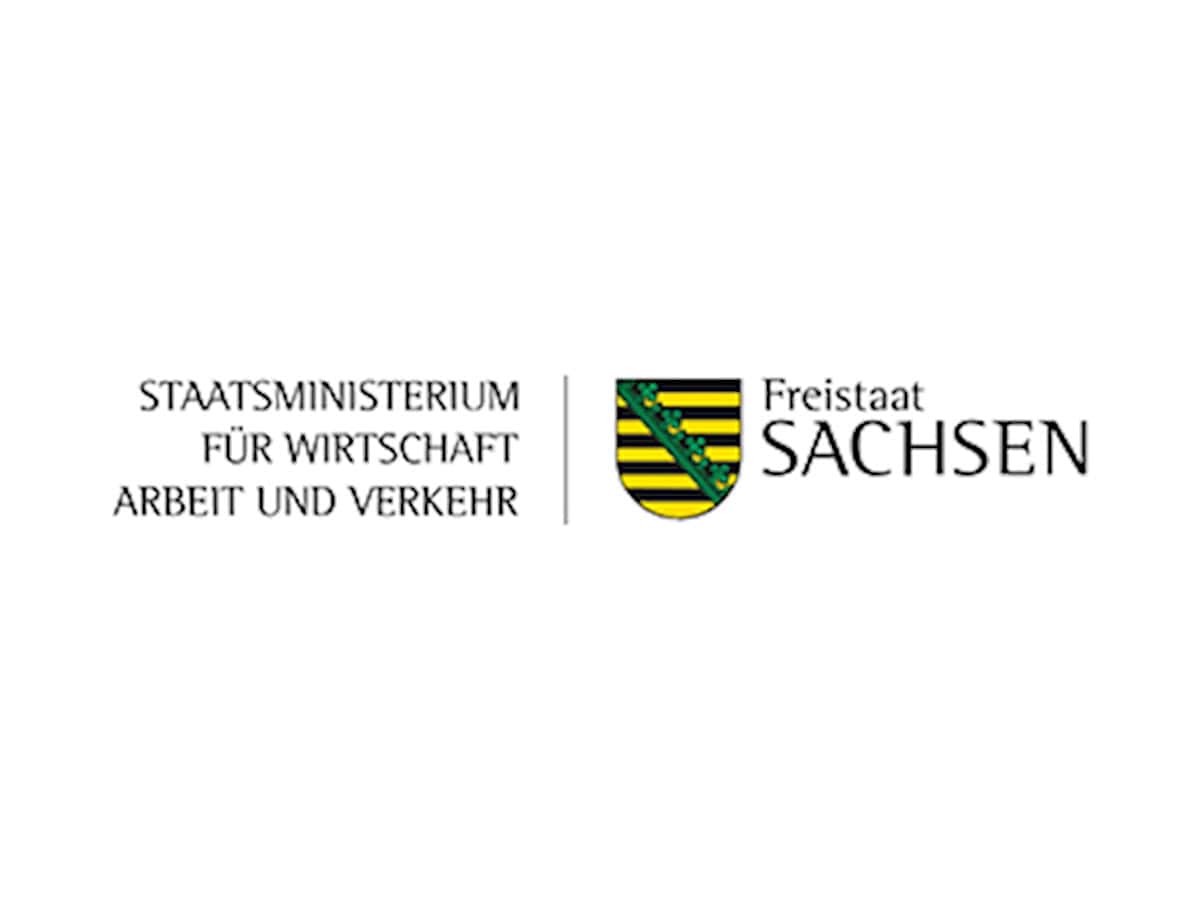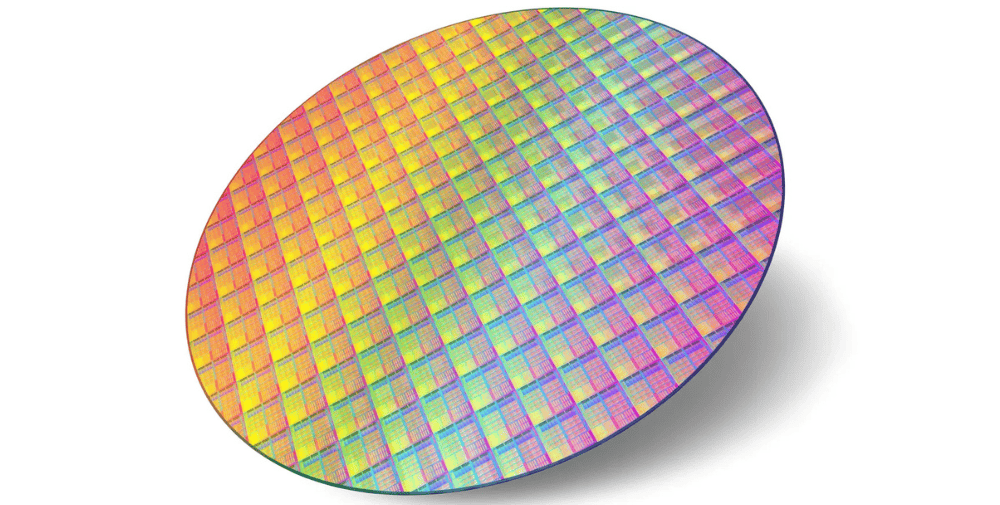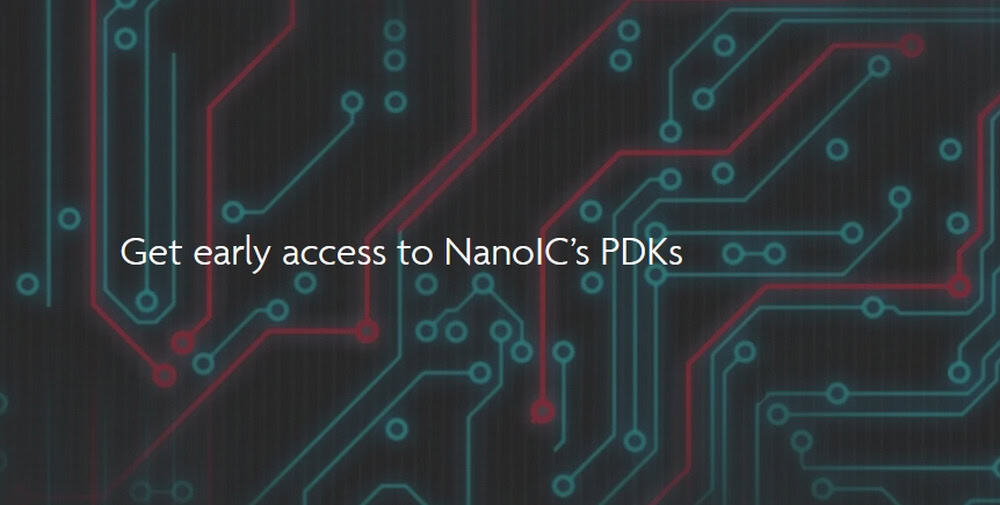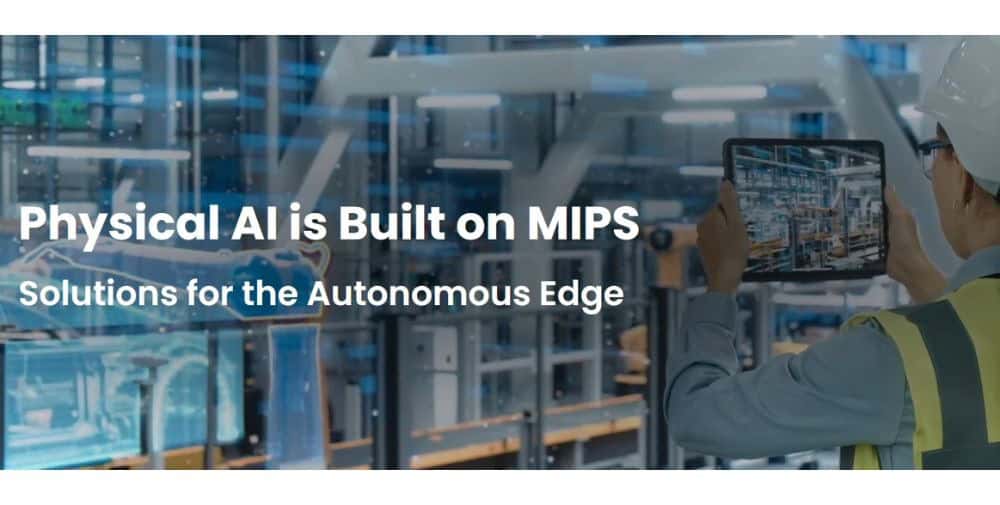
At this industry event, the Free State of Saxony presented itself as a premium European location for high-tech manufacturing and research. At the latest with the investment decision of TSMC in a consortium with Bosch, Infineon and NXP, the Saxon microelectronics cluster is an economic sector with a leading European role and global appeal.
Panter emphasized: “Taiwan is the center of the semiconductor industry worldwide. Saxony has the largest semiconductor cluster in Europe and the fifth largest cluster in the world. All the major companies are based in Dresden and the surrounding area – Infineon, Bosch, Globalfoundries and now TSMC with its joint venture ESMC, which makes the cluster even bigger. We want to realize additional investments in Saxony and at the same time give German companies the chance to come to Taiwan. That’s why it was important to have a presence at SEMICON Taiwan. We are a small but fine Free State. Saxony has a lot to offer. But we have to keep at it to maintain our position at the forefront.”
In this context, Economics Minister Panter defended the state subsidies for the industry: “The semiconductor industry is absolutely strategically important for the future. All electronic products need semiconductors – and in ever greater numbers. As we still have some catching up to do in Europe, we now have to invest money in order to assert ourselves in global competition. Semiconductors are a very capital-intensive business. The factories are expensive because it depends on a great deal of precision, on the purest quality at the highest level.”
At SEMICON Taiwan, Panter opened the German Pavilion and spoke with Taiwanese companies about investment opportunities in Saxony at the Saxony Networking Dinner. As part of a tour of the trade fair, he visited companies that are of particular importance for Saxony as a semiconductor location, including DAS Environmental Expert, Fabmatics, SMC and Topco Scientific.
Political talks were held with representatives of the National Science and Technology Council (NSTC), the Industrial Technology Research Institute (ITRI) and the International Trade Administration (ITA). Minister Panter commented: “There are many things we are taking away from the talks, for example in terms of industrial policy. We can perhaps take a more structured approach here, which will benefit the entire country.”
Thomas Horn, Managing Director of Wirtschaftsförderung Sachsen GmbH, added: “As a global microelectronics trade fair, SEMICON Taiwan is once again an important event – both for the Saxon industry and for us in terms of location marketing and acquisition. We are increasingly noticing the effects of the TSMC investment for Saxony. This can be seen not only in the greater international awareness, but also in the growing interest of Taiwanese companies. This is reflected in the high level of attention for the joint stand, which in turn highlights the advantages of such joint participation for the companies. From a marketing and business point of view, they benefit from exhibiting under an established brand. Our long-term goal is for Saxony to establish itself as a ‘Taiwan Hub’ in Germany, not only for microelectronics, but also for other sectors. The trip made an important contribution to this.”
The Taiwan sales market has become increasingly important for Saxony over the past 20 years. In 2024, the Free State exported goods with a total value of almost 1.6 billion euros to Taiwan. In 2005, the value of goods amounted to 202.8 million euros. Imports amounted to 679.9 million euros in 2025. Imports and exports were concentrated in the electrical engineering, automotive and mechanical engineering and chemical primary products sectors.
– – – – –
Further links
👉 www.smwa.sachsen.de
Photo: SMWA



